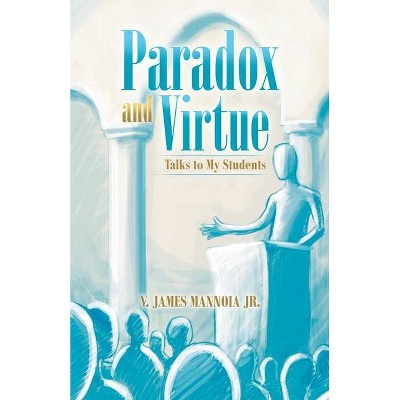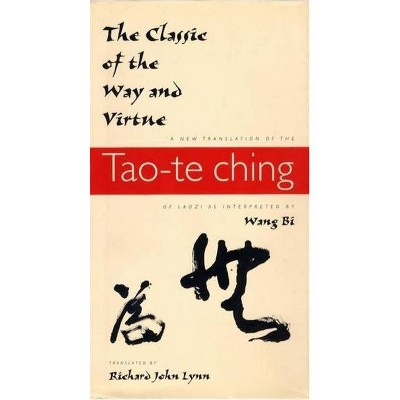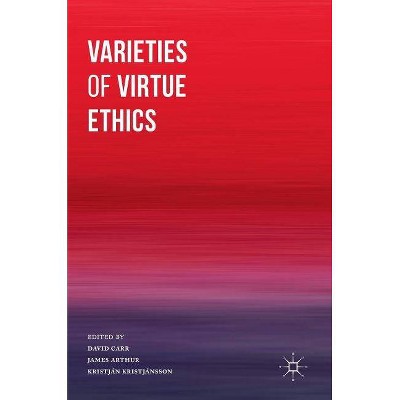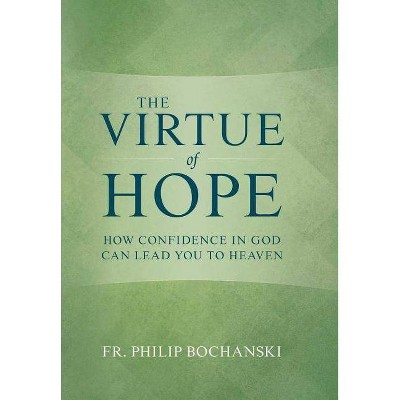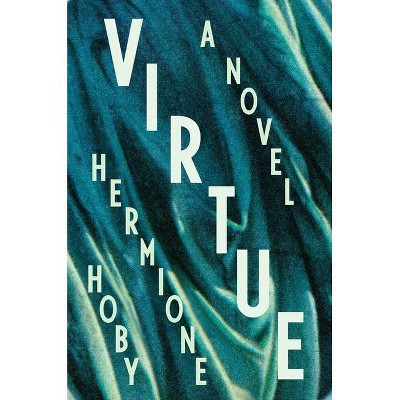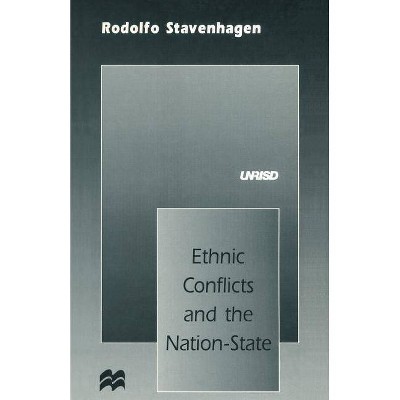Sidney's Arcadia and the Conflicts of Virtue - by Richard James Wood (Hardcover)

Similar Products
Products of same category from the store
AllProduct info
<p/><br></br><p><b> About the Book </b></p></br></br>Wood reads Philip Sidney's <i>New Arcadia</i> in the light of the ethos known as Philippism after the followers of the Protestant theologian, Philip Melanchthon. He uses a critical paradigm previously used to discuss Sidney's <i>Defence of Poesy</i> and narrows the gap often found between Sidney's theory and literary practice.<p/><br></br><p><b> Book Synopsis </b></p></br></br><p>Wood reads Philip Sidney's <em>New Arcadia</em> in the light of the ethos known as Philippism after the followers of Philip Melanchthon the Protestant theologian. He employs a critical paradigm previously used to discuss Sidney's <em>Defence of Poesy</em> and narrows the gap that critics have found between Sidney's theory and literary practice. This book is a valuable resource for scholars and researchers in the fields of literary and religious studies. Various strands of philosophical, political and theological thought are accommodated within the <em>New Arcadia</em>, which conforms to the kind of literature praised by Melanchthon for its examples of virtue. Employing the same philosophy, Sidney, in his letter to Queen Elizabeth and in his fiction, arrogates to himself the role of court counsellor. Robert Devereux also draws, Wood argues, on the optimistic and conciliatory philosophy signified by Sidney's <em>New Arcadia</em>.</p><p/><br></br><p><b> From the Back Cover </b></p></br></br>This book reads Philip Sidney's <i>New Arcadia</i> in the light of the ethos known as Philippism after the followers of Philip Melanchthon the Protestant theologian. It employs a critical paradigm previously used to discuss Sidney's <i>Defence of Poesy</i> and narrows the gap that critics have found between Sidney's theory and literary practice. It is a valuable resource for scholars and researchers in the fields of literary and religious studies. Like the Philippists, open to the ideas of humanist scholarship, Sidney draws his philosophical precepts from an eclectic mix of sources. Various strands of philosophical, political and theological thought are accommodated within the <i>New Arcadia</i>, which conforms to the kind of literature praised by Melanchthon for its life-like heterogeneity and its examples of virtue. Sidney's characters have generally been thought to symbolise a passive form of Christian Stoicism. Wood contends that they, in fact, respond to their misfortunes in a way that demonstrates an active outlook. Employing the same philosophy, Sidney, both in his letter to Queen Elizabeth and in his politically-interested fiction, arrogates to himself the role of court counsellor. As such, he is a model for his sister and Fulke Greville in their roles as literary patron and courtier, respectively. Robert Devereux, despite being associated with court factionalism, also draws, Wood argues, on the optimistic and conciliatory philosophy signified by Sidney's <i>New Arcadia</i>. Sidney's romance affirms its author's piety, in which human fallibility is recognized and tolerated. An epic, martial figure, Amphialus is an apparently irredeemable character, who, nevertheless, will be saved.<p/><br></br><p><b> About the Author </b></p></br></br>Richard James Wood is Associate Lecturer in English at Sheffield Hallam University
Price History
Price Archive shows prices from various stores, lets you see history and find the cheapest. There is no actual sale on the website. For all support, inquiry and suggestion messagescommunication@pricearchive.us
